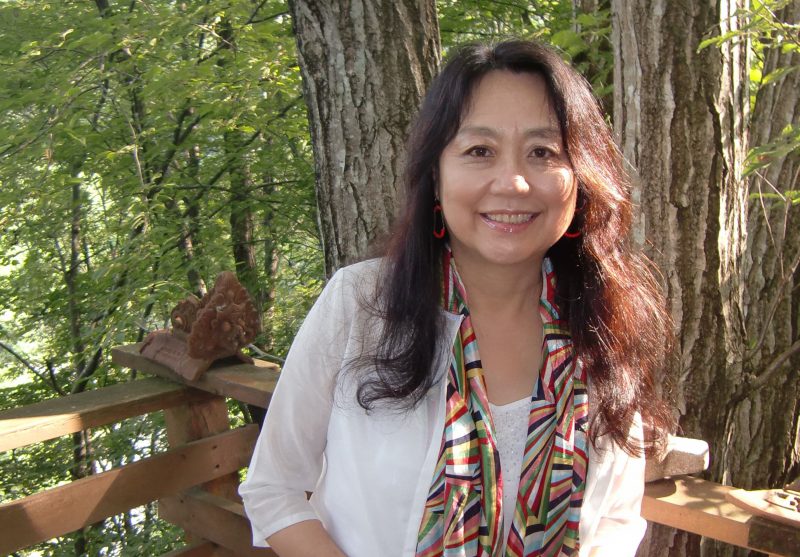【IWD Webinar Series】Gender in University Interview: Prof OSAWA Machiko

| Date(s) | Wednesday, 10 March 2021, 10:00-10:30 am |
|---|---|
| Venue |
Zoom Webinar (Register here) |
| Registration | Pre-registration required |
| Language | English Only (A recording with Japaenese subtitles will be made available on Tokyo College YouTube Channel at a later date.) |
| Abstract |
What are the biggest opportunities and challenges facing Japan in reaching gender parity in universities and the labor force? Join us for this interview with Machiko Osawa on how she translates her research on women’s career development in Japan to collaborations with educational and governmental institutions. |
| Speaker Profile |
Machiko OSAWA (Professor of Economics, Japan Women’s University)
Graduate from Seikei University majoring in Japanese Literature. Received M.A. in Economics, Eastern Illinois University (1977), Researcher at the Center for Social Sciences, Columbia University (1980-84) and Ph.D in Economics, Southern Illinois University at Carbondale (1984), Hewlett Fellow at the University of Chicago (1984-86), Senior Researcher, at the Japan Institute of Labor (1987-90), Associate Professor of Economics, Asia University (1990-96) and currently professor of economics at Japan Women’s University and also director of the Research Institute for Women and Careers (2013~present) Served on Advisory Boards of Ministry of Education, Culture, Sports, Science, and Technology, Ministry of Health, Welfare and Labor, Prime Minister’s Gender Equality Bureau, and Ministry of Economy, Trade and Industry Author of various books such as Economic Change and Women Workers: Japan U.S. Comparison (1993, Nihon-Keizai Hyoronsha, Received Kagami Award), Economics of New Family (Chuo Koron Shinsya, 1998), Non-Standard Work in Developed Economies(ed. with Susan houseman, Upjohn Institute, 2003), Towards Work-Life Balance Society(Iwanami, 2006),and Work-Life Synergy (Iwanami, 2008), Japan’s Working Poor (Iwanami,2010), When Housewives Return to the Labor Market-Towards Second Chance Society (NTT Shuppan, 2012) What’s Holding Back Japanese Women, (Tokyo Keizai Shinposya, 2015) Women and Work in the 21stcentury, (Sayusya, 2018) Why There are so Few Women Managers in the Japanese Workplace, (Seikyusya, 2019).
Interviewer: Eureka FOONG (Tokyo College Postdoctoral Fellow) |
| Organized by | Tokyo College, The University of Tokyo |
| Contact | tokyo.college.event@tc.u-tokyo.ac.jp |
















